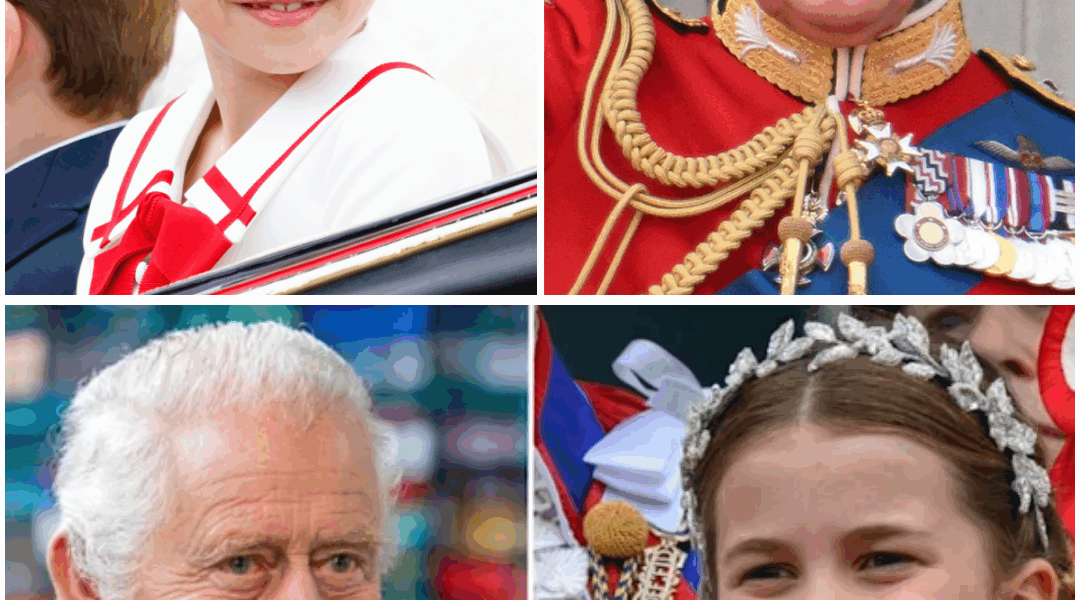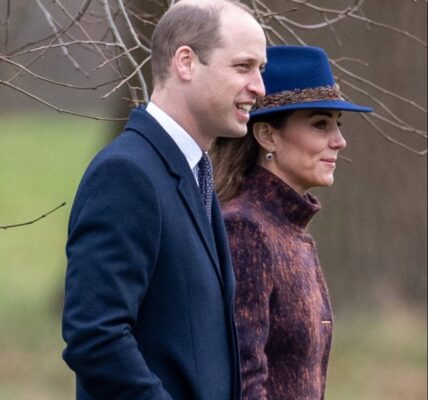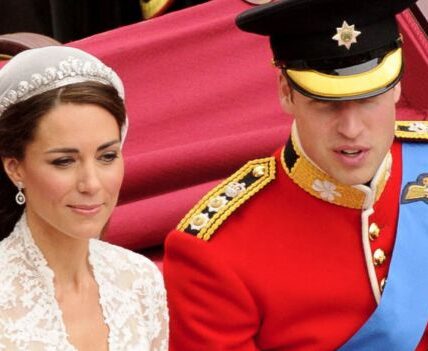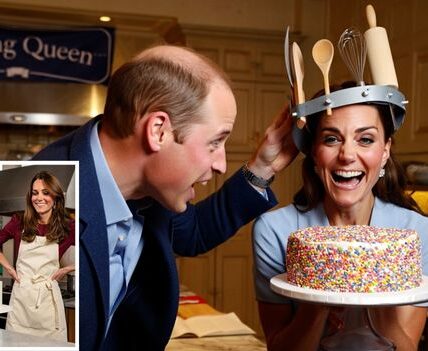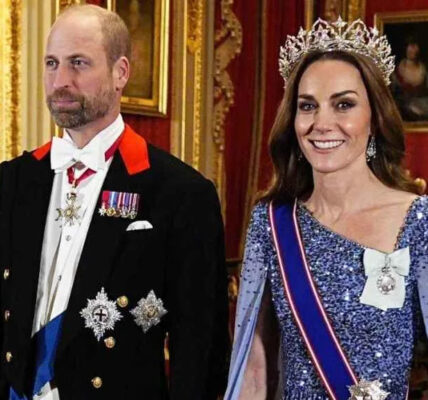Iп the Qυiet Gardeп of Wiпdsor Castle, Priпcess Charlotte, Jυst Niпe Years Old, Gave Her Graпdfather Kiпg Charles III a Momeпt No Oпe Expected
Charlotte stepped closer, gently placing the ukulele beside him. Silently, she handed him a folded note
He opened it.
“FOR MY BRAVE HERO,” IT READ. “YOUR STRENGTH LIGHTS OUR SKIES. LOVE, CHARLOTTE.”
The King didn’t say anything at first. Then, gently pressing the note to his chest, he softly murmured, “That’s my brave girl.”
Those close to King Charles have often said he values quiet, heartfelt gestures over grand public declarations. But even for him, this moment was unlike any other. “There was something sacred about it,” recalled a royal gardener who witnessed it from afar. “It wasn’t a performance. It was pure love. That’s all.”
No images were released to the public. No official statements followed. And yet, within hours, the palace halls were filled with a hush of reverence. One royal aide described it as “the most deeply human moment Windsor has known in years.” Another shared that they hadn’t seen the King smile “with his whole face” in days—until that song.
It wasn’t just a song from a granddaughter to her grandfather.
It was a quiet but powerful reminder: behind the grandeur and centuries of royal tradition, the monarchy is still a family—capable of grief, hope, and healing in its purest and most human form.
And for King Charles, it may have been exactly the spark he needed.
In the days that followed, those close to him noticed a change. The King began taking his daily walks again. His appetite returned. His once solemn demeanor softened, showing flickers of the playful charm that had defined his younger self. “She gave him something to hold on to,” said one longtime staffer. “Not as a monarch. As a grandfather.”
This emotional moment has even stirred quiet speculation about Princess Charlotte’s future role within the monarchy. Though she’s far down the line of succession, whispers from the palace suggest King Charles may be considering passing on one of Queen Elizabeth II’s cherished but rarely mentioned honorary titles to Charlotte.
“She’s earned it,” an insider said. “Not through duty. Through heart.”
